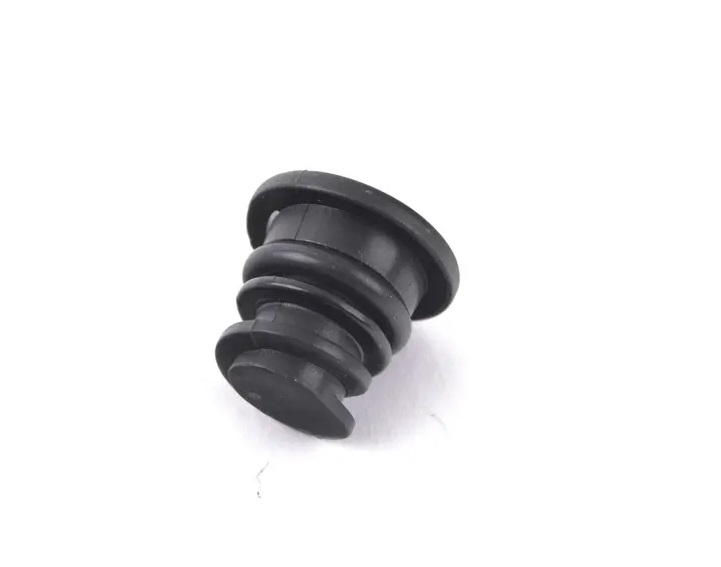Understanding the Importance and Functionality of Rubber Shaft Seals in Mechanical Applications
The Importance of Rubber Shaft Seals in Machinery
In the realm of mechanical engineering and machinery, the efficiency and performance of equipment are often determined by the effectiveness of its seals. One crucial component in this regard is the rubber shaft seal. These seals play an indispensable role in various applications, ensuring that machinery operates smoothly and reliably.
What is a Rubber Shaft Seal?
A rubber shaft seal, often referred to as a oil seal, is a type of seal designed to prevent the leakage of fluids or contaminants from one part of a machine to another. Typically, these seals fit around the shaft where it exits the housing, creating a barrier that prevents lubrication oil, grease, or other fluids from escaping while simultaneously blocking dirt, dust, and other foreign particles from entering.
Construction and Material
Rubber shaft seals are generally made from elastomeric materials, such as nitrile, fluorocarbon, or silicone. These materials are chosen for their resilience, oil resistance, high-temperature tolerance, and ability to maintain flexibility over extended periods. The design of a rubber shaft seal often includes a lip that exerts a slight pressure against the shaft, providing a tight seal and ensuring that fluids remain in their designated areas.
Applications of Rubber Shaft Seals
Rubber shaft seals are widely used across various industries, including automotive, aerospace, marine, and manufacturing. In automotive applications, for instance, they are critical for preventing oil leaks from the engine and transmission systems. In industrial machinery, rubber shaft seals are essential in pumps, gearboxes, and hydraulic systems, where they help maintain efficiency and reduce the risk of failures.
Benefits of Rubber Shaft Seals
rubber shaft seal

1. Leak Prevention The primary function of rubber shaft seals is to prevent leaks. They ensure that lubricants remain where they are needed, reducing the risk of friction and wear on moving parts. 2. Contamination Protection By keeping dirt and other contaminants out, rubber shaft seals help prolong the lifespan of machinery components. This protection is crucial in environments with a lot of dust or debris.
3. Maintenance Savings Properly functioning rubber shaft seals minimize the need for frequent maintenance and repairs. By reducing leaks and contamination, they help keep machinery operating efficiently, saving time and money in the long run.
4. Versatility Rubber shaft seals can be designed for a wide range of sizes and configurations, making them suitable for various applications, from small industrial machines to large automotive engines.
Challenges and Considerations
While rubber shaft seals offer numerous benefits, it is essential to select the right type and material for a specific application. Factors such as temperature, pressure, and exposure to chemicals must be considered. Additionally, installation plays a critical role in the performance of these seals; improper installation can lead to leaks and machinery failure.
Moreover, over time, rubber can degrade due to factors such as temperature fluctuations, exposure to certain chemicals, or simply the passage of time. Regular inspections should be performed to identify any signs of wear and replace seals as necessary.
Conclusion
In conclusion, rubber shaft seals are vital components in the world of machinery and engineering. Their ability to prevent leaks and protect against contamination makes them essential for maintaining the efficiency and reliability of various systems. By understanding the importance of these seals and ensuring they are appropriately selected and maintained, businesses can significantly enhance the performance and longevity of their equipment. As technology evolves, the design and materials used in rubber shaft seals are also advancing, promising even greater efficiency and durability in the future.
-
Understanding the Importance of the Crankshaft Oil Seal in Engine Performance
News Jun.16,2025
-
The Unsung Heroes of Engine Protection: Understanding Automotive Shaft Seals and Oil Seals
News Jun.16,2025
-
Keeping the Engine Tight: The Role of Crankshaft Seals and Gaskets in Oil Control
News Jun.16,2025
-
Complete Protection in Harsh Conditions: A Deep Dive into Cassette Seals
News Jun.16,2025
-
Choosing the Right Oil Seal: A Guide to Trusted Brands and Suppliers
News Jun.16,2025
-
Advanced Sealing Technologies: Exploring the Range of Modern Oil Seals
News Jun.16,2025
-
Your Essential Guide to Car Repair Kits: From Rust to Dings
News Jun.13,2025
Products categories















